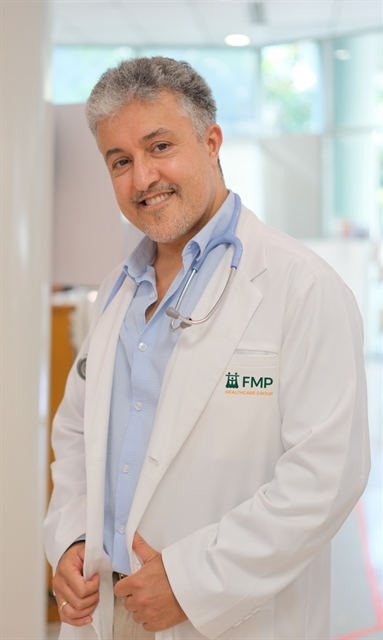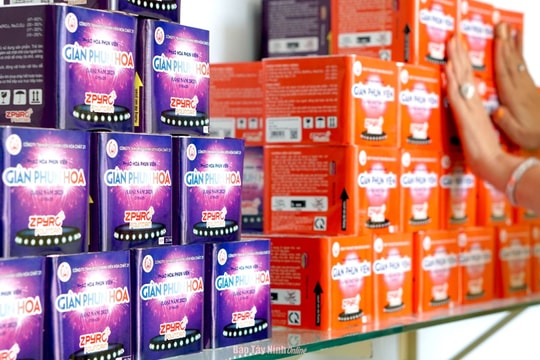 |
| Iron is critical for the well-being and normal growth and development of a child. Photo freepik.com |
Dr. Jonathan Halevy*
Iron is an essential mineral required for the healthy function of our body. It is needed to build thehaemoglobin molecule in the red blood cells, which is important for oxygen delivery throughout the body.
But it’s much more than that. It is also essential for the normal function of many systems in our body and it is critical for the wellbeing and normal growth and development of a child. Iron deficiency in childhood is linked to growth and developmental delays, lower achievement in academic and IQ testing, and behavioral and psychological disorders (e.g. ADHD, lower self-esteem, restless leg syndrome). Iron deficiency affects the immune system activity, which may increase the risk of infections. It may lead to intestinal inflammation that may worsen malnutrition.
Iron deficiency anaemia is a well-known consequence of iron deficiency but it occurs at a very late stage, when iron deficiency becomes profound. Most children who suffer from iron deficiency, about 60 – 70 per cent of them, will not show anaemia (low haemoglobin) in their blood test.
What causes iron deficiency
- Low intake of iron:
The most common cause is low consumption of iron in the child’s diet. Low intake of meat (especially red meat) eggs, lentils, beans or green leafy vegetables, special restrictive diets such as vegetarian or vegan diet, or a child who is very picky and will eat a limited variety of foods. Babies, children and teenagers require higher amounts of iron due to their fast growth and may not consume enough iron to satisfy the increased demand.
- High intake of cow’s milk:
Milk and dairy products are an excellent source of calcium. But children, especially after one year old, do not need much milk in their diet. The recommended amount of two servings of dairy products (e.g. milk, cheese and yogurt) up to 500ml a day are sufficient. Consumption of too much milk reduces the absorption of iron and will lead to iron deficiency and anaemia.
- Iron loss or blood loss:
Other less common conditions may lead to iron deficiency through iron loss or blood loss: Conditions such as chronic inflammation, celiac disease, chronic parasitic infections, H.P. gastritis, heavy menstruation in teenage girls and even obesity may lead to iron deficiency.
- High risk conditions:
Babies who were born premature or very small, babies who were born to mothers with anaemia, or mothers with gestational diabetes, are at a higher risk to suffer from iron deficiency.
Prevention
Most healthy babies have enough iron storage in their body for the first four to six months of life. Babies should be exclusively breastfed, or formula fed) until they are six months old. Breast milk has less iron content than formula but the absorption of iron from breast milk is better than from the formula. Some breast milk fed babies may still require an iron supplement after four months old. Starting at six months – it is recommended to gradually introduce iron fortified foods (e.g. iron fortified cereals, blended red meat, lentils, beans etc).
Babies at high risk may require iron supplements earlier.
Screening
Should we screen every baby for iron deficiency? Currently, organisations such as the American Academy of Pediatrics recommend screening every healthy baby between nine and twelve months for iron deficiency and anaemia, using CBC (Complete Blood Count) and FERRITIN (which indicates the level of iron storage in the body). These tests should be performed when the child is completely healthy to avoid false results. Babies in high risk should probably be screened earlier (between six to nine months) if they are not already receiving iron supplements. Older children may require screening as well, depending on their nutrition and health. Family Medical Practice
 |
| Dr. Jonathan Halevy. Photo courtesy of Family Medical Practice |
*Dr Jonathan Halevy has been a Paediatrician at Family Medical Practice for over 15 years and currently the Head of the Paediatricianteam. He graduated from the Sackler School of Medicine at Tel Aviv University and completed his residency at the PaediatricDepartment of Wolfson Medical Centre in Israel. A prolific author on paediatric care, he is a sought-after speaker for health talks in the local community, addressing schools and parent groups. In 2015, he published Nuôi Con Sao Cho Đúng, a Vietnamese-language book on children's health.
To book an appointment with Dr Jonathan Halevy, please contact our FMP clinic at Diamond Plaza, 34 Lê Duẩn, District 1, HCMC, via phone at +84 28 3822 7848 or email hcmc@vietnammedicalpractice.com.
Family Medical Practice - FMP Healthcare Group operates medical centres in major cities including HCMC, Hà Nội, and Đà Nẵng, offering consultations with international doctors, check-up centres and emergency ambulance services. In HCM City, we have clinics in Districts 1, 2, and 7, along with the Care 1 - Executive Health Check-Up Centre and internationally accredited *9999 emergency ambulance services.























